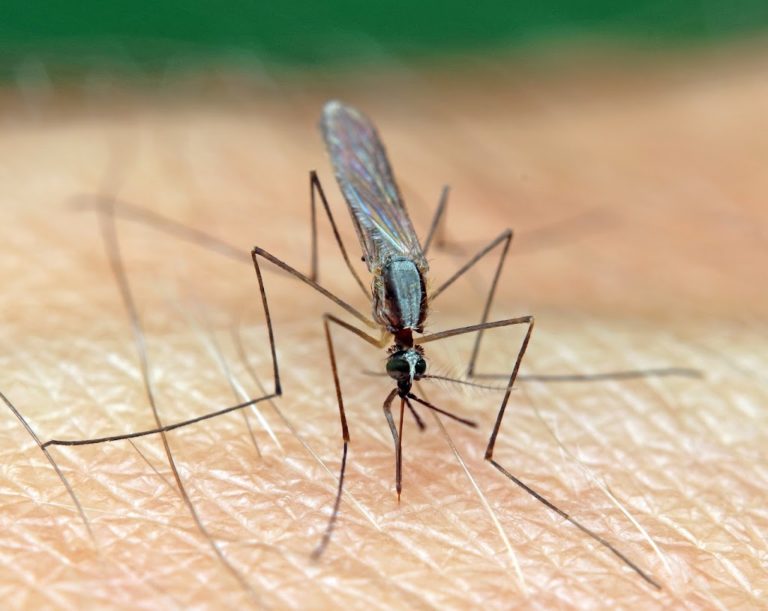Two types of new viruses were found in lung tissues from decease SARS patients. First type of virus is corona virus, a virus that has a halo or crown-like appearance when seen under the microscope. It causes mild to moderate respiratory illness in human. Second is paramyxovirus, same virus family of measles virus.
SARS could be spread through direct close contact with an infected person, droplet transmission from sneezing and coughing, contact with an object contaminated by SARS. Compared to influenza, SARS appears less contagious. It is quite likely that a SARS patient is most infectious when he or she shows symptom, as fever or cough. Scientist has yet to determine how long before or after the symptoms appear that, a SARS patient can transmit the disease to others.
What The Diagnosis Of SARS?
Presently, the diagnosis of SARS is based on careful history taking and the symptoms of the patient. It initially appears as high fever with temperature of 38°C and above. This is associated with chills, headache, general feeling of discomfort or body malaise, body aches and muscle stiffness, loss of appetite and mild respiratory symptoms.
Being kept under quarantine is necessary not only to determine if a person may have contracted the disease, but also to prevent its spread. Suspected SARS cases are placed in isolation units separate from other patients. Strict infection control measures are taken in order to prevent the spread of the disease via patient’s visitors and health care workers.
How To Treat SARS?
According to WHO, antibiotics do not seem to be effective. Therapy using steroids and antiviral agents like oseltamivir or ribavirin has been tried, although women have been advised of the harmful effects of ribavirin on the fetus.
How To Prevent SARS?
To prevent SARS, we should avoid crowded places. Distance yourself from sick people and those who are sneezing or coughing openly. Wash hands frequently to reduce risk of picking up the virus. In addition, maintain healthy lifestyle. Eat a well-balanced diet, exercise regularly, do not smoke, avoid stress and boost the immune system with vitamins.
SARS should not be a cause for worry, as long as protective and preventive measures are strictly followed, the spread of the disease can be contained.







